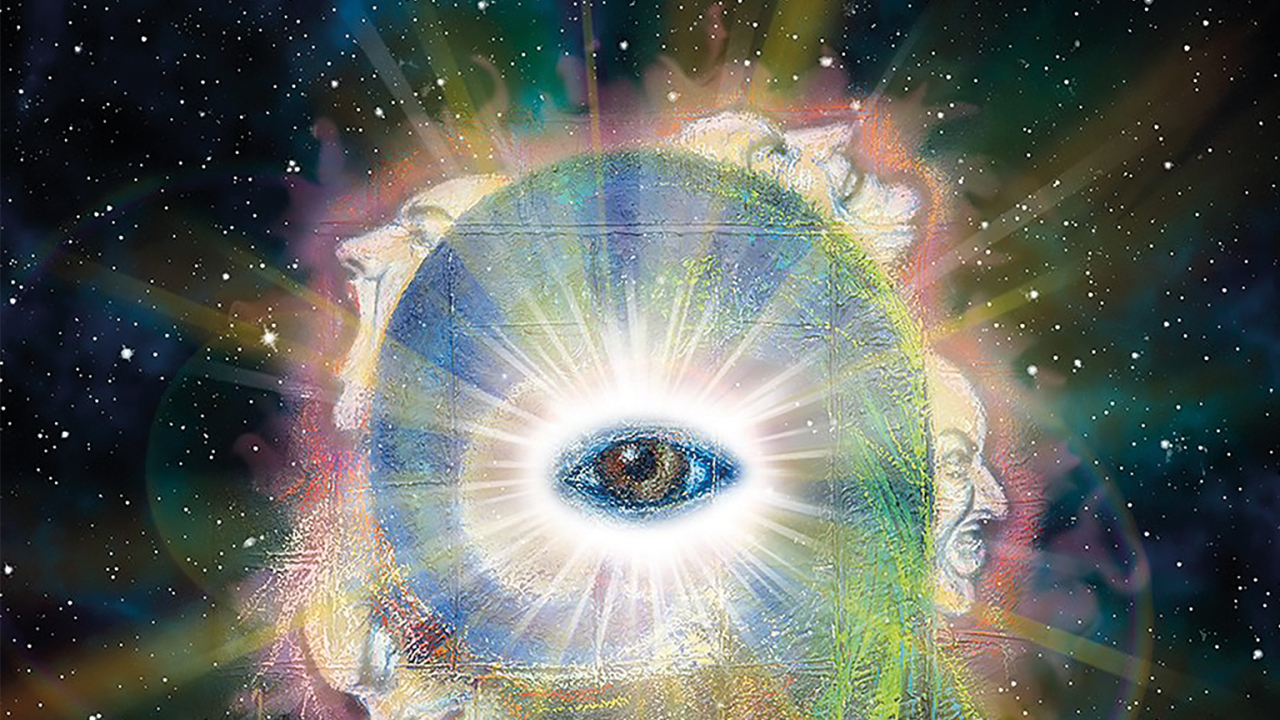You can trust Louder
Yorkshire grit meets American smooth in this promising new band which unites Heather Findlay (former Mostly Autumn frontwoman) and keyboard guru/Sound Of Contact man Dave Kerzner, who’s worked with everyone from Genesis to Tom Waits.
Their debut ranges across a fair range of styles, and if it’s rarely truly surprising, works its way through its chosen genres with plenty of class and a serene sense of atmosphere.
The oratorical opening features an electronic burble over which Findlay intones a poem about “a storm in an echo chamber” and “a diamond you cut through the dark”. Citing that there is no end and no beginning, just “an always”, it’s both dramatic and Zen. All of which means that the first song proper – recent single Island – feels a little underwhelming. Soft rock with a very Fleetwood Mac, West Coast sunshine feel, Findlay and Kerzner alternating vocals, it skips along pleasantly enough but does nothing a thousand bands – even those as bland as, say, The Corrs – haven’t done before. It’s on Veil Of Ghosts that we get a better sense of the band’s capabilities. The guitars echo, Findlay sounds more urgent and impassioned, and ever so gradually it builds to a much heavier rock climax.
If rarely surprising, this is a classy and serene debut.
There’s always plenty to admire on The Illusion’s Reckoning, as the musicians are no slouches. Chris Johnson (Halo Blind/ Mostly Autumn), Stu Fletcher (We Could Be Astronauts), Alex Cromarty (Mostly Autumn) and guitarist David Kilminster (of Roger Waters and Steven Wilson fame) contribute moments of thrill and thrust. There are times when the album needs it – there’s a tendency present to lapse into comfortable AOR which doesn’t come across as inventively as the creators might hope.
Lake Sunday is a mid-tempo slice of melancholy, uplifted by Findlay’s voice, which here resembles Julianne Regan in her All About Eve days. Mountain Spring shuffles along with a tad more gusto, growing to a peak of effectively shrill guitars and kinetic energy. The gentle In A Dream and Learning To Be Light are more stripped-down, pure and folky. When they don’t echo Stevie Nicks too obviously, their tenderness is stealthily touching.
It’s on the lengthy title track and finale that Mantra Vega get less, er, vague and break out the prog. A keening melody encourages the arrangement to build and build, until after a late middle eight that’s a little bit The Lamia (a good thing, obviously), the guitar solos move to histrionic and multiple vocals stretch out the scope and scale. At last it feels like things really are made of starlight.
Sign up below to get the latest from Prog, plus exclusive special offers, direct to your inbox!
Chris Roberts has written about music, films, and art for innumerable outlets. His new book The Velvet Underground is out April 4. He has also published books on Lou Reed, Elton John, the Gothic arts, Talk Talk, Kate Moss, Scarlett Johansson, Abba, Tom Jones and others. Among his interviewees over the years have been David Bowie, Iggy Pop, Patti Smith, Debbie Harry, Bryan Ferry, Al Green, Tom Waits & Lou Reed. Born in North Wales, he lives in London.


